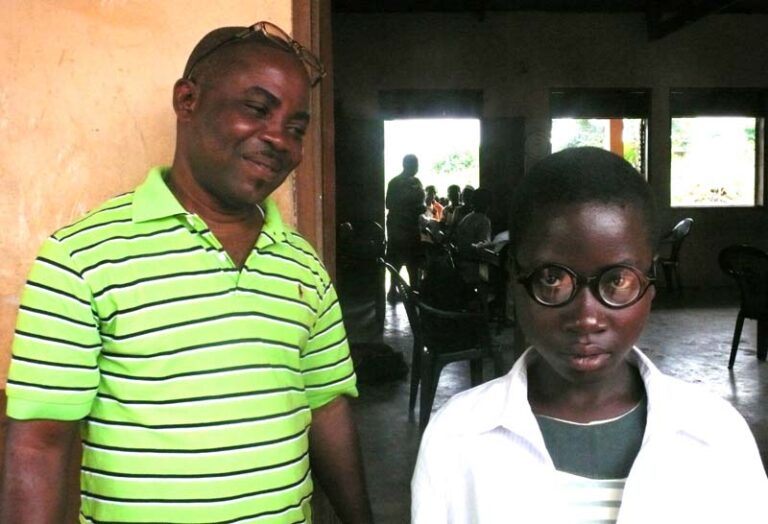In the vast, culturally rich landscapes of Africa, a silent crisis looms—a crisis that affects millions yet remains largely out of the spotlight. This crisis is the alarming increase in eye health problems that stem from deep-rooted issues of malnourishment and ignorance in underdeveloped regions. The consequences of this crisis not only impair the ability to see but also hinder educational opportunities, economic development, and overall quality of life.
The Nexus of Malnutrition and Vision Impairment
Malnutrition is one of the most significant health challenges in parts of Africa, particularly in rural and under-resourced areas. Essential nutrients, particularly vitamins A, C, and E, along with minerals like zinc, are critical for maintaining eye health. Vitamin A deficiency, for example, is a leading cause of preventable blindness in children. This deficiency can lead to severe conditions such as night blindness and, in more advanced stages, xerophthalmia, which can permanently damage the cornea and result in total blindness.
The Role of Ignorance in Exacerbating Eye Health Issues
Compounding the challenge of malnutrition is the widespread ignorance about eye health. Many communities lack access to information about the importance of a nutritious diet and regular eye check-ups. Misconceptions and traditional beliefs about eye health treatments further exacerbate the situation, often leading to stigmatization or neglect of those suffering from vision impairments. Moreover, the lack of understanding about the symptoms of eye conditions means that many cases go undiagnosed until it is too late.
First Sight’s Approach: Education and Direct Intervention
Addressing these daunting challenges requires comprehensive solutions that tackle both the symptoms and the root causes of the problem. Organizations like First Sight are at the forefront of this battle, implementing strategies that are as holistic as they are transformative:
Nutritional Intervention Programs: First Sight collaborates with local health agencies to integrate eye health into broader nutritional programs. These programs aim to ensure that communities receive balanced diets enriched with eye-healthy nutrients, significantly reducing the incidence of nutrient-deficiency-related eye disorders.
Educational Campaigns: Through workshops and community meetings, First Sight raises awareness about the importance of eye health, teaching communities how to recognize early symptoms of eye problems and debunking myths about vision care. These educational initiatives are vital in changing perceptions and encouraging proactive eye health practices.
Accessible Eye Care Services: Recognizing that education must go hand in hand with accessible treatments, First Sight provides mobile clinics that offer eye exams, distribute glasses, and, when necessary, refer cases to specialist services. This approach not only treats existing conditions but also emphasizes prevention through regular check-ups.
How You Can Help
The fight against the eye health crisis in Africa requires a collective effort. Here’s how you can contribute:
Support Nutritional and Health Education Programs: Donations to organizations like First Sight fund crucial health and nutritional programs that directly address the root causes of vision impairment.
Volunteer: Lending your time and skills can make a significant impact. Volunteers are needed both on the ground in Africa and in support roles from abroad.
Raise Awareness: By simply talking about these issues and spreading the word, you can help increase the overall understanding of the importance of eye health, which in turn fosters greater community support for initiatives like those led by First Sight.
Conclusion
The increasing prevalence of eye problems in Africa due to malnourishment and ignorance presents a severe challenge, but also an opportunity for meaningful intervention. By supporting initiatives that combine education with direct health interventions, we can make a lasting difference. Join us in our mission to bring sight to those in the shadows, one community at a time.
For more information or to get involved, please visit [First Sight](https://firstsight.org). Together, we can illuminate the path to better health and brighter futures.


